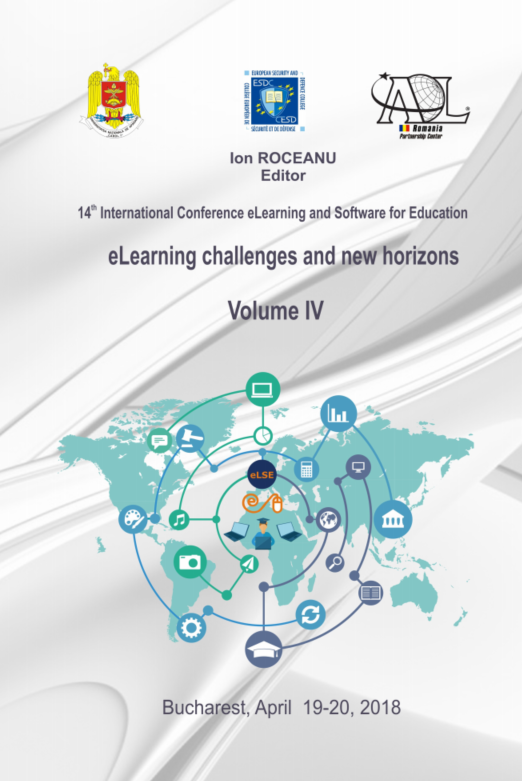Students' Perception Towards the Present and Future of MOOCS
Students' Perception Towards the Present and Future of MOOCS
Author(s): Olga Maria Cristina BucoveţchiSubject(s): Social Sciences, Education
Published by: Carol I National Defence University Publishing House
Keywords: limitations; MOOC; perception; trends;
Summary/Abstract: Since 2012 - "the year of MOOC (Massive Online Open Classes)" as stated an article in New York Times, most top universities started to offer some sort of MOOC. Class-center.com declared that "more than 700 universities around the world have launched free online courses and that by the end of 2016, around 58 million students had signed up for at least one MOOC". Moreover, Coursera, the most famous MOOC provider launched specialization tracks that allow subscribers to earn ECTS (European Credit Transfer and Accumulation System) to prestigious universities. As a consequence, the author tried to analyze students perception towards MOOC phenomenon. The students that participated into the demarche were both Romanian and Erasmus students attending classes to University "Politehnica" of Bucharest, the largest technical university in Romania. Only the students of the 4th year have been considered eligible to take part in the survey, as they are targeted as MOOCs potential students - "89% of Coursera learners are over the age of 22”, as stated Coursera CEO. The main objective of the present paper consists in identifying the benefits of using MOOCs and also the challenges students have to face when accessing them. Moreover, the research identifies the limitations of MOOCs towards students perception and proposes several "possible futures" for educational platforms. The tool used within the research was the questionnaire that lead to conclusions related to the perceptive boundaries of MOOC within the respondents. The results complete the state of knowledge of the Romanian higher education system and also could complement the methods of improving the quality of higher education services by including the suggestions received from the beneficiaries of educational services - the students.
Journal: Conference proceedings of »eLearning and Software for Education« (eLSE)
- Issue Year: 14/2018
- Issue No: 04
- Page Range: 284-289
- Page Count: 6
- Language: English

